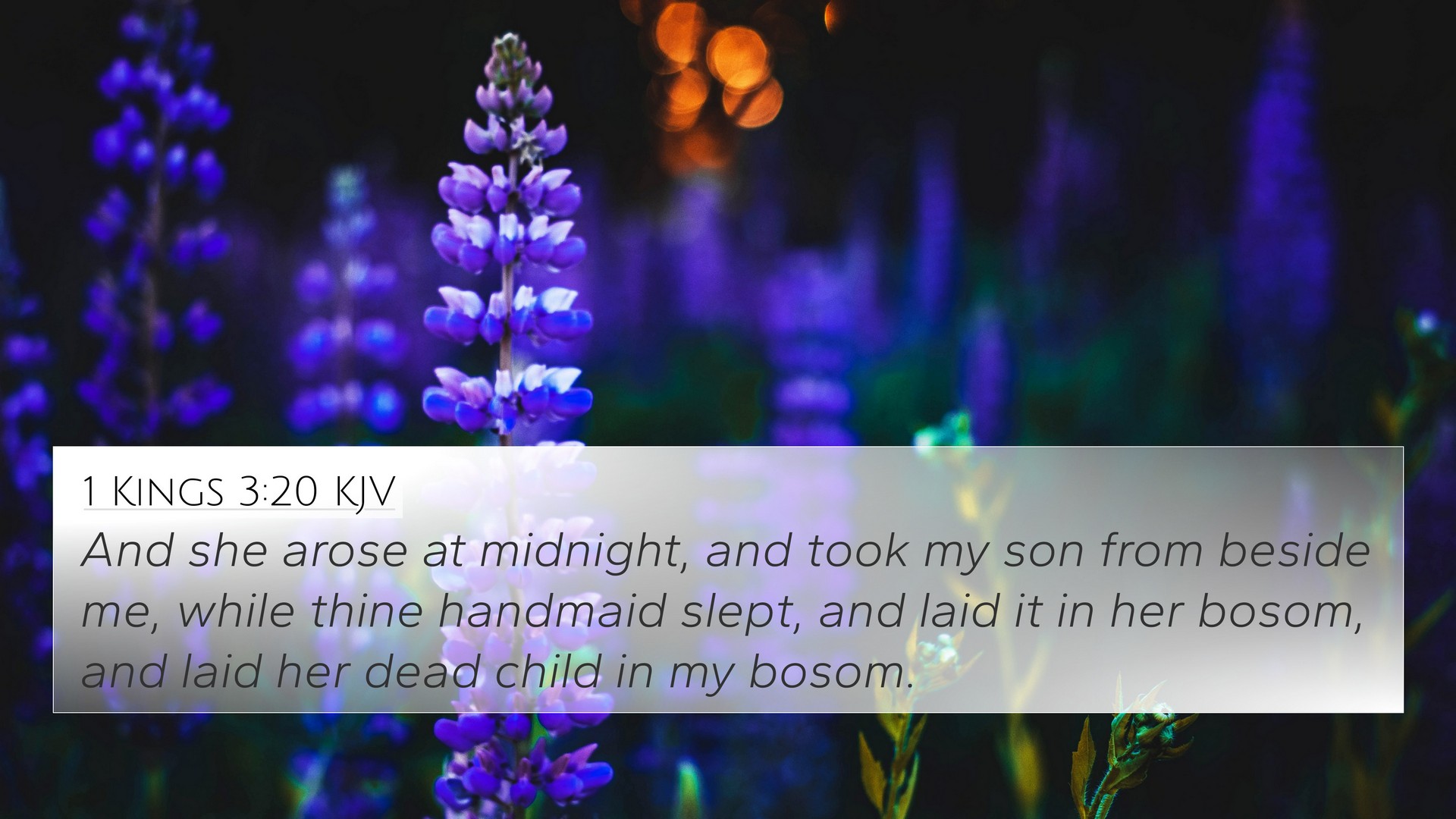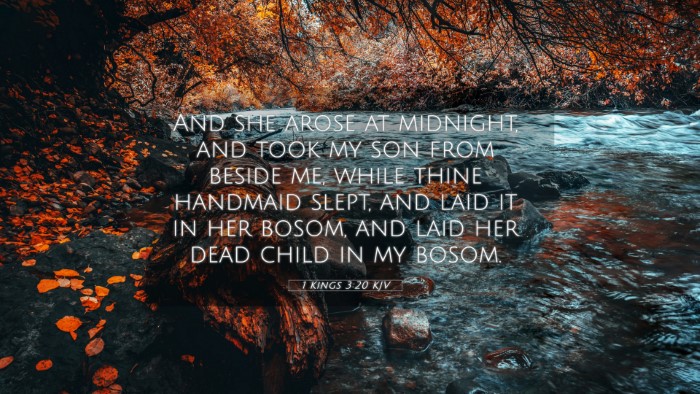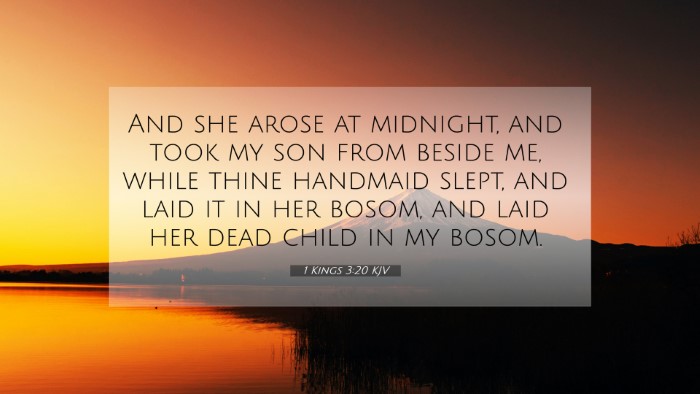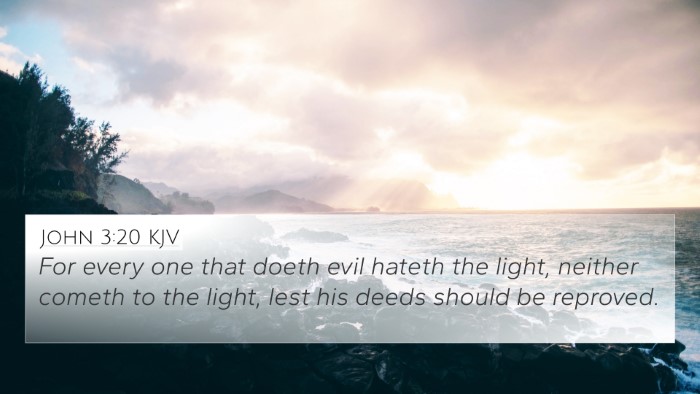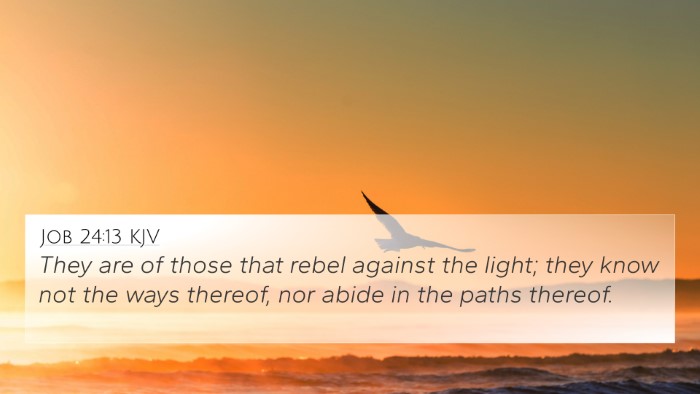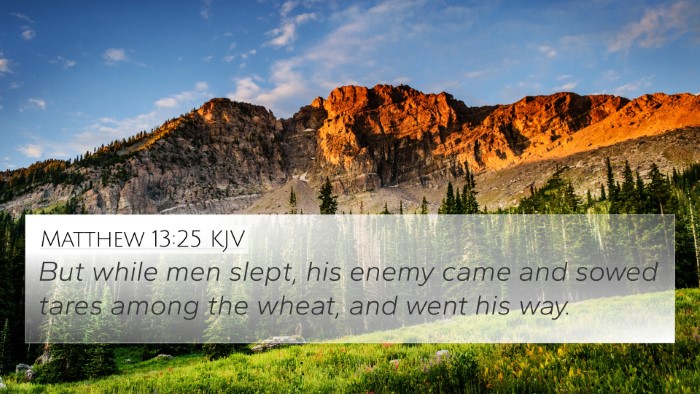Old Testament
Genesis Exodus Leviticus Numbers Deuteronomy Joshua Judges Ruth 1 Samuel 2 Samuel 1 Kings 2 Kings 1 Chronicles 2 Chronicles Ezra Nehemiah Esther Job Psalms Proverbs Ecclesiastes Song of Solomon Isaiah Jeremiah Lamentations Ezekiel Daniel Hosea Joel Amos Obadiah Jonah Micah Nahum Habakkuk Zephaniah Haggai Zechariah MalachiVerse
1 Kings 3:1 1 Kings 3:2 1 Kings 3:3 1 Kings 3:4 1 Kings 3:5 1 Kings 3:6 1 Kings 3:7 1 Kings 3:8 1 Kings 3:9 1 Kings 3:10 1 Kings 3:11 1 Kings 3:12 1 Kings 3:13 1 Kings 3:14 1 Kings 3:15 1 Kings 3:16 1 Kings 3:17 1 Kings 3:18 1 Kings 3:19 1 Kings 3:20 1 Kings 3:21 1 Kings 3:22 1 Kings 3:23 1 Kings 3:24 1 Kings 3:25 1 Kings 3:26 1 Kings 3:27 1 Kings 3:28